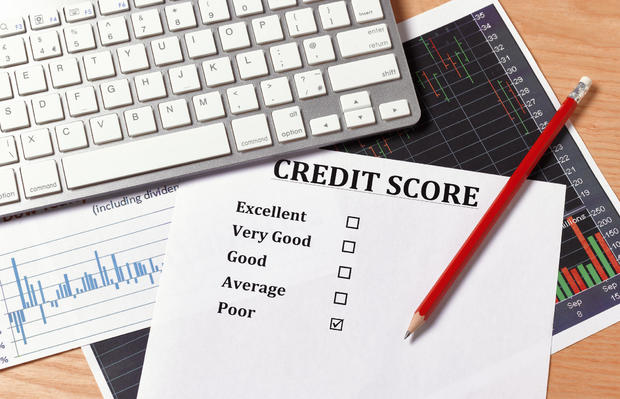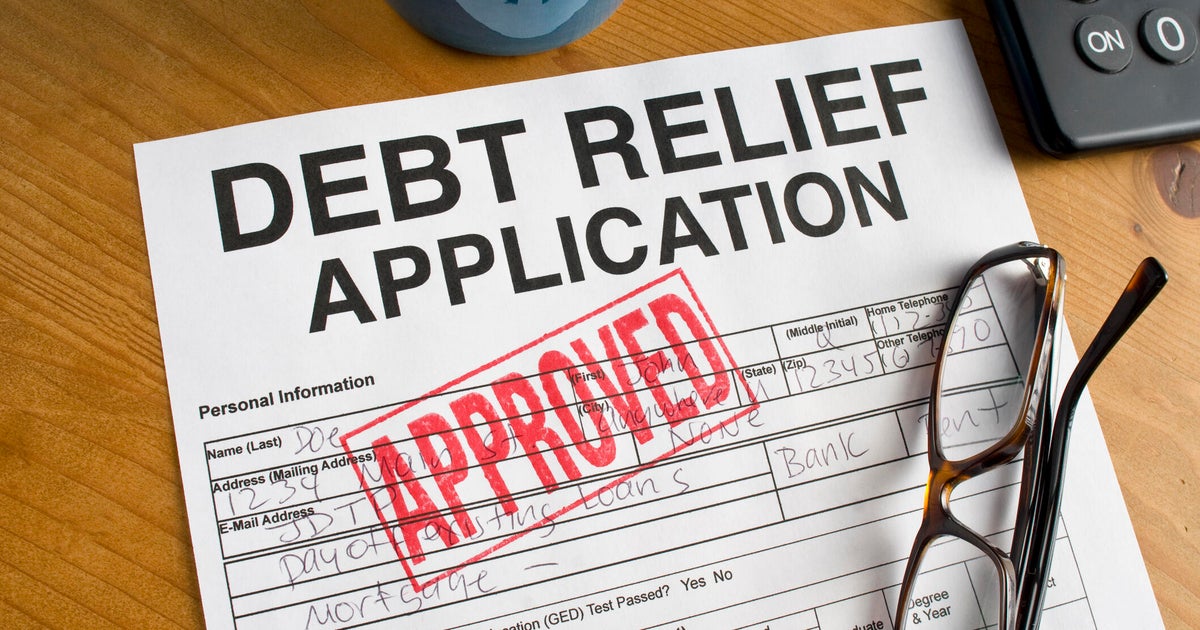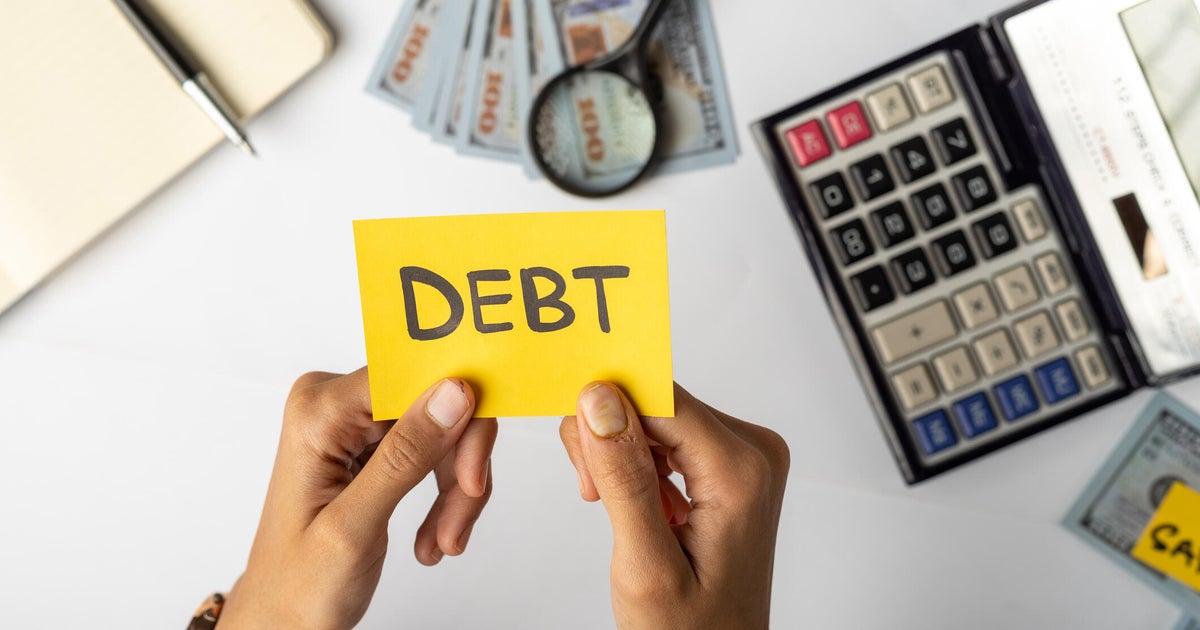Can you consolidate your credit card debt with bad credit?
If you're carrying a balance on your credit cards right now, chances are you're feeling the impact of the compounding interest charges on your account. After all, credit card rates are hovering at a record high of nearly 23%, and the average person has about $8,000 in credit card debt currently, so it doesn't take much time for your card balances to balloon. When that happens, it can be difficult to keep up with the minimum payments on your account — let alone make a dent in the total balance.
As a result, you might be looking for better ways to manage your credit card debt, and one popular approach to this problem is credit card debt consolidation. Debt consolidation can be one of the most effective solutions for tackling large amounts of credit card debt — and the idea of consolidating debt into one monthly payment at a lower interest rate is appealing to many cardholders.
However, there's a catch. To consolidate your debt, you typically need to qualify for a new loan — and that's where things can get complicated. Having high amounts of credit card debt or an elevated debt-to-income (DTI) ratio can negatively impact your credit score, making it more challenging to borrow money. But is it possible to consolidate credit card debt with bad credit?
Start tackling your expensive credit card debt now.
Can you consolidate your credit card debt with bad credit?
The short answer is yes, it is often possible to consolidate credit card debt even if you have bad credit. However, it's important to understand that your options may be limited and the terms may not be as favorable as they would be for someone with good or excellent credit.
When you have bad credit, you might not qualify for the lowest interest rates available on debt consolidation loans. This doesn't necessarily mean consolidation isn't worth pursuing, as even a slightly lower interest rate than what you're currently paying on your credit cards could lead to savings over time. However, you'll need to carefully compare the terms of any consolidation offer to ensure it actually provides a benefit compared to your current situation.
And depending on how low your credit score is, you may need to explore alternative debt consolidation methods. One such option is a debt consolidation program offered by a debt relief company. These programs work similarly to traditional debt consolidation but can be more accessible to those with credit challenges.
When you enroll in a debt consolidation program, your existing unsecured debts are consolidated into one loan, typically issued by a third-party lender partnered with the debt relief company. This loan generally comes with a lower interest rate than your credit cards, potentially saving you money over time and rolling multiple payments to various creditors into a single monthly payment.
One of the main advantages of these programs is the accessibility. Debt relief companies and their partner lenders are accustomed to working with those who have less-than-perfect credit histories or high DTI ratios. As a result, they may offer more flexibility in terms of approval, making this option viable for those who might not qualify for traditional debt consolidation loans.
But while these programs can be a good solution, it's important to thoroughly research any debt relief company before enrolling in their program. Look for reputable companies with a track record of success and positive customer reviews and be wary of any company that promises to settle your debts for pennies on the dollar, as these claims are often too good to be true.
Get rid of your high-rate credit card debt today.
What other debt relief options should I consider with bad credit?
If consolidating your debt through a loan or a debt consolidation program doesn't seem like the best option, there are other avenues to explore, including:
- Debt management: Credit counseling agencies can help you develop a debt management plan tailored to your financial situation. This typically involves negotiating lower interest rates with your creditors and creating a structured plan to repay your debts over time.
- Debt forgiveness or debt settlement: This option involves negotiating with your creditors to reduce the total amount you owe — and it may reduce your total balance by 30% to 50% or more in some cases. That said, debt forgiveness typically requires you to stop making payments on your credit cards, which can further harm your credit score and there could be tax implications for any forgiven debt.
- Bankruptcy: Filing for bankruptcy is another option for people with overwhelming debt and no other way out. Bankruptcy should be considered only after you've explored other debt relief options, though, as it can stay on your credit report for up to 10 years.
The bottom line
While having bad credit can make it more challenging to consolidate your credit card debt, you may still have options. Whether through a debt consolidation loan, a debt consolidation program or alternative debt relief strategies, there are ways to regain control of your financial situation. By understanding what those alternative strategies are, you'll be better prepared to decide how to tackle your credit card debt and get your finances back on track.






